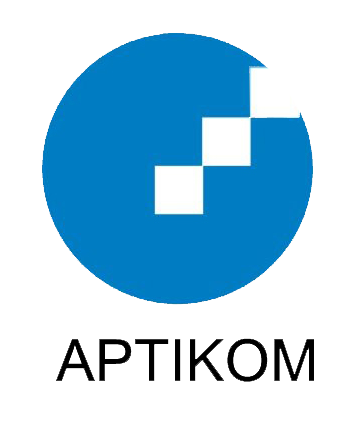COOPERATIVE READINESS FOR E-LEARNING
Keywords:
cooperative, credit, satisfaction, members, economy, e-learning
Abstract
Cooperative is basically an economic organization of the people who have the economic capacity, which is in motion is not only concerned with economic motives. In addition to form a company that requires a profit, the cooperative also has a social motive. This is reflected in the principles espoused. Cooperative is an organization that is familial and managed democratically. In this study the chosen type of credit union, a group of people who agree to raise capital by providing loans to members of its own with a decent interest rate and approved. As one of the requirements in order to be able to make loans to members of cooperatives are the members must have attended training organized by the cooperative board. The spread of the location and the bustle complicate members required to attend training. Development of technology and beneficiaries among members provide alternative learning solutions for members. For that we need to know whether members are ready to accept the training system based on information technology. The readiness of members in this case at CU Melati Kopdit Jagakarta landfill checked by sampling techniques. From preliminary research/beginning it seems that members of the CU Melati landfill Jagakarsa ready to accept the program of distance education (elearning) for cooperative education.Downloads
Download data is not yet available.
Published
2015-10-29
How to Cite
Istyowati, L., & Evi, T. (2015). COOPERATIVE READINESS FOR E-LEARNING. Jurnal Sistem Informasi, 11(2), 68 - 76. https://doi.org/10.21609/jsi.v11i2.434
Section
Articles
Authors who publish with this journal agree to the following terms:
- Authors retain copyright and grant the journal right of first publication with the work simultaneously licensed under a Creative Commons Attribution License that allows others to share the work with an acknowledgement of the work's authorship and initial publication in this journal.
- Authors are able to enter into separate, additional contractual arrangements for the non-exclusive distribution of the journal's published version of the work (e.g., post it to an institutional repository or publish it in a book), with an acknowledgement of its initial publication in this journal.
- Authors are permitted and encouraged to post their work online (e.g., in institutional repositories or on their website) prior to and during the submission process, as it can lead to productive exchanges, as well as earlier and greater citation of published work (See The Effect of Open Access).








